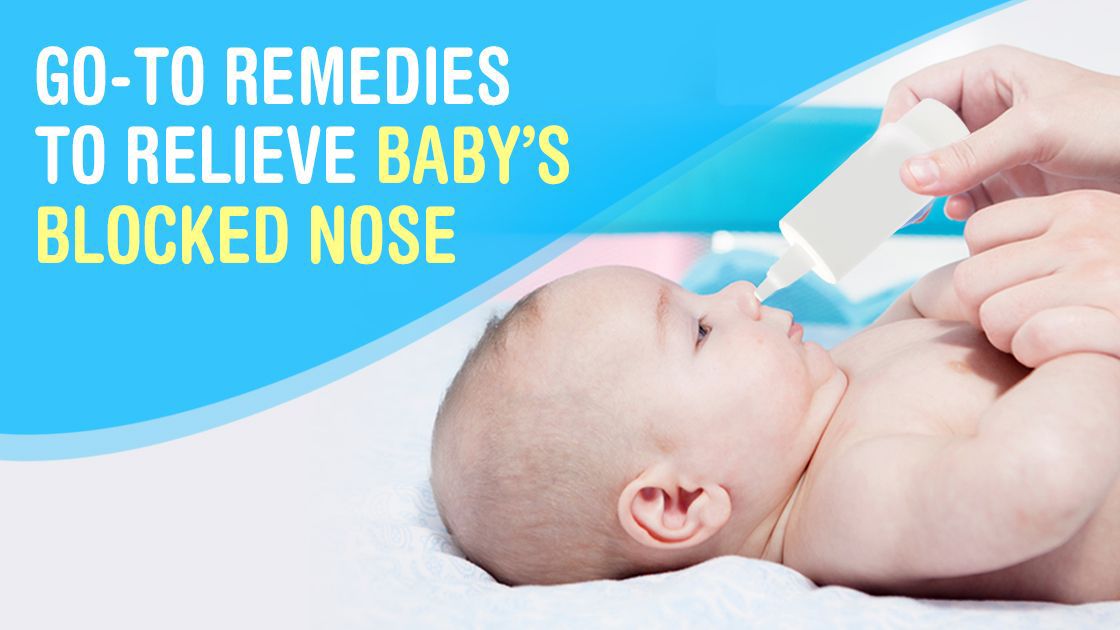
Go-to Remedies to Relieve Baby’s Blocked Nose
Babies have tiny nostrils and in their first few months, they can only breathe through their noses. Nasal congestion is a frequently cumbersome problem among babies who experience the common cold and who are exposed to air pollutants and allergens and are suffering from viral and bacterial respiratory infections.
Even older babies cannot completely breathe well through their mouths. A blocked or stuffy nose in infants and toddlers may cause disruption in sleep and feeding. This could be worrisome for mothers and this could also impact the whole family.
Here are some easy- to- do tips to help maintain healthy nasal airways and promote natural nasal immune defense in babies and toddlers:
1. Keep the baby’s room properly ventilated. Ensure that the environment where the baby stays is always kept clean and dust-free. Wash the baby’s blanket, linen and toys regularly.
2. Use mild colognes, lotions and fragrances for the baby. Mothers and other members of the household taking care of the baby must avoid wearing strong smelling perfumes, colognes and deodorants that can trigger allergic reactions in babies.
3. To avoid nasal dryness, blocked or congested nose, try a chemical-free and preservative-free nasal saline spray. A nasal saline spray provides a cleansing action and can help wash away excess mucus, germs and other irritants in the baby’s nose.
4. In choosing a nasal saline preparation for the baby, it is important to consider a gentle isotonic formulation that closely resembles or mimics the body’s own fluids and is not harmful to the delicate nasal tissues.
5. For easy dosing and administration, opt for saline sprays that can be conveniently sprayed at any angle, even upside down. This allows parents to place the baby in the most comfortable position making the administration of nasal saline spray quick and convenient.
6. Administer the nasal saline spray 10-15 minutes before the baby’s feeding or sleeping time so that the baby can sleep well.
If the baby has fever or persisting symptoms, it is best to consult a doctor.
Reference: